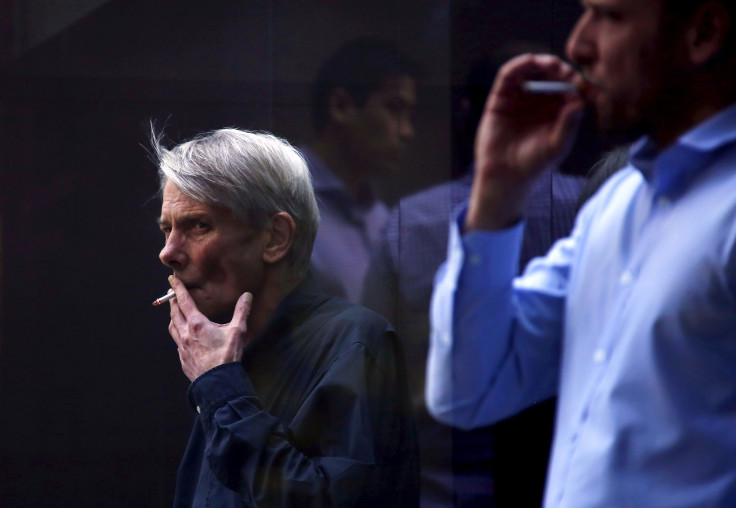Trans-Pacific Partnership: Tobacco 'Carve-Out' Under Trade Deal Would Bar Industries From Suing Countries For Anti-Tobacco Regulations

The United States has proposed a provision as part of the much-contested Trans-Pacific Partnership agreement that would keep tobacco companies from threatening governments with lawsuits for passing anti-tobacco regulations. If it passes, the provision would represent a major victory for public health advocates. But it has also gotten pushback this week in the U.S. Congress on the grounds that it could hurt the American tobacco industry.
U.S. Trade Representative Michael B. Froman proposed Wednesday what is known as a carve-out provision, which would essentially let signatory countries exclude tobacco products from industry protections provided under trade agreements. In the past, tobacco companies have sued countries for legislation and other rules aimed at cracking down on smoking, cigarettes or tobacco use. Philip Morris International and British American Tobacco, for example, sued the British government in May for laws requiring plain packaging for cigarettes in lieu of branded packaging.
Companies can do this thanks to investor-state dispute settlement provisions, which let them sue countries for legislation or other regulations that might hurt their profits, even if those laws are made for the sake of public health or protecting the environment.
The provision to exclude tobacco companies from these allowances in the TPP deal faces opposition from some members of the Senate, where a final TPP deal could be passed with a simple majority, Roll Call reported.
“I’ll not only vote against it, I’ll work hard to have it defeated if it goes in the final agreement,” Sen. Thom Tillis, R-N.C., who has supported the overall trade deal, said, the New York Times reported. “Once you carve out someone from dispute settlement agreements, then who’s next?” he said. North Carolina is one of the biggest tobacco-exporting states.
Public health advocates, however, have long pushed for greater restrictions on tobacco sales and usage as well as protections for those who implement such measures.
The TPP comprises 12 countries that together make up some two-fifths of the global economy. Its passage would create the largest trading bloc in the world.
© Copyright IBTimes 2024. All rights reserved.






















